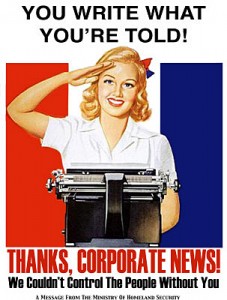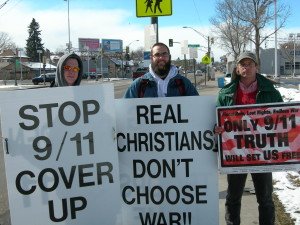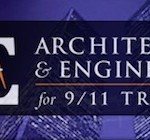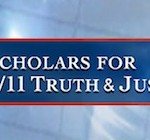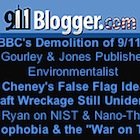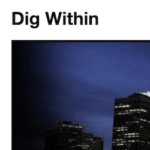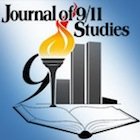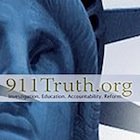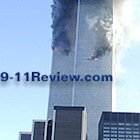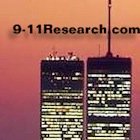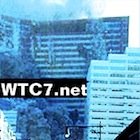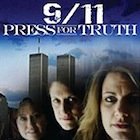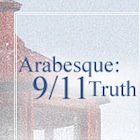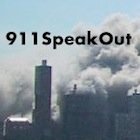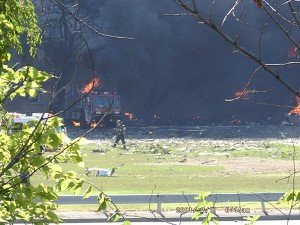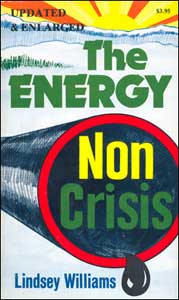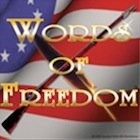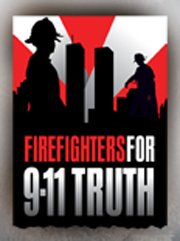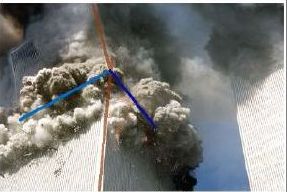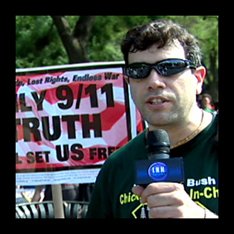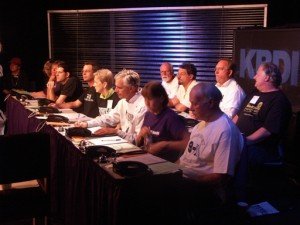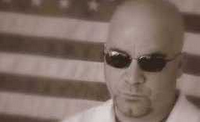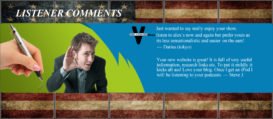The Battle for Belief: A Sociologist’s Research in 9/11 Argumentation
by Michael Armenia
June 1, 2009
ae911truth.org
“Reason and experiment have been indulged, and error has fled before them. It is error alone which needs the support of government. Truth can stand by itself.”
— Thomas Jefferson
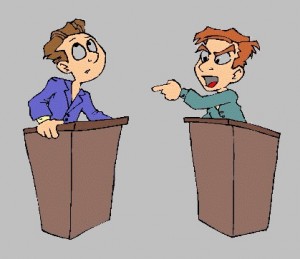 We are at war, and one of the most critical and dangerous frontline is not in Afghanistan, Iraq or Iran. Rather, it is the battleground within the human psyche. Individual and collective minds are waging psychological warfare in what promises to be one of the most intense struggles in American history, if not all of human history. How do we communicate the truth about the events of 9/11 to those who have been deceived by the operation and its cover-up in the media? Are logic, reason, and science enough?
We are at war, and one of the most critical and dangerous frontline is not in Afghanistan, Iraq or Iran. Rather, it is the battleground within the human psyche. Individual and collective minds are waging psychological warfare in what promises to be one of the most intense struggles in American history, if not all of human history. How do we communicate the truth about the events of 9/11 to those who have been deceived by the operation and its cover-up in the media? Are logic, reason, and science enough?
In the “battle for belief”, Person A offers truth demonstrating reality while Person B, knowingly or unknowingly, transmits lies and perpetuates myth. At the end of the day, the one with the most credibility wins. This much is supposed by Dr. Mark Jones, Ph.D., Assistant Professor of Sociology at Colorado College, who is embarking on a research project to study how both sides of a controversial issue communicate their ideas.
With a disciplinary specialty in the sociology of science and technology, Dr. Jones states that researchers in his field “…frequently conduct studies of scientific controversies, instances in which different groups in the sciences, or in engineering — often competitors — disagree on facts, interpretations and explanations of facts, and legitimate methods of inquiry and evaluation.” He continues, “Sociological studies show that scientific and technical controversies are never settled by facts, because the facts never speak for themselves,” and, “Credibility establishes authority and the power to define what will count as truth or error.”
On one side of the technical issue at hand, there exists a growing movement to reveal the truth about 9/11 by a presentation of clear scientific facts. On the opposing side, the official conspiracy theory etched in soapstone by the 9/11 Commission is defended by subsequent pseudo-scientific reports from the National Institute of Standards and Technology (NIST). A lack of published refutations in mainstream media makes it blatantly obvious that an effort is afoot to curtail any public challenge of these “authoritative” perspectives.
There is ample evidence supporting the hypothesis that the destruction of three WTC buildings was brought about by controlled demolition, planned and prepared prior to 9/11. The NIST reports focused only on the period of time up to the “initiation” of the collapses, committing numerous breaches of scientific standards. NIST’s engineers never even looked for evidence of explosives residue in the dust, and ignored the features of the destruction itself that pointed to explosives. That their “investigation” was dishonestly selective is immediately clear from the ejections visible in the numerous corroborating videos of the destruction, as well as its speed and symmetry. Any sensible forensic investigation should have started with controlled demolition as the most plausible hypothesis.
Common sense begs the question, “Why is this not obvious to the casual observer?” Clearly, what is driving this controversy is not evidence or the lack thereof. Something other than factual information is driving the outcome. Therefore, in asserting controlled demolition, a defense against the propagation of the official myth must be utilized in the presentation. At the same time, an offensive strategy must employ tactics to conquer the fear, denial, and overweening respect for authority in the minds of those still clinging to the myth.
As Dr. Jones claims neutrality, he plans to study both sides of the issue. He writes, “My approach would be to analyze this controversy, not by advocating for one side or the other, but by examining the ways in which both sides mobilize facts, justify interpretations, adopt rhetorical strategies, and develop strategies in struggles for credibility.” Jones plans to narrow his focus on WTC 7, for example, selecting perhaps three major points of contention between experts from both sides. In addition, he will incorporate and publish biographical sketches of the persons involved, in an attempt to establish credibility. He will also examine the role of the media, insofar as what technical information is highlighted or omitted and how it all is framed.
Anyone interested in participating is invited to contact:
Mark Jones, Ph.D.
Visiting Assistant Professor, Department of Sociology,Colorado College
14 E. Cache La Poudre St., Colorado Springs, CO 80903
(830) 719-5144
Mark.P.Jones@ColoradoCollege.edu.

